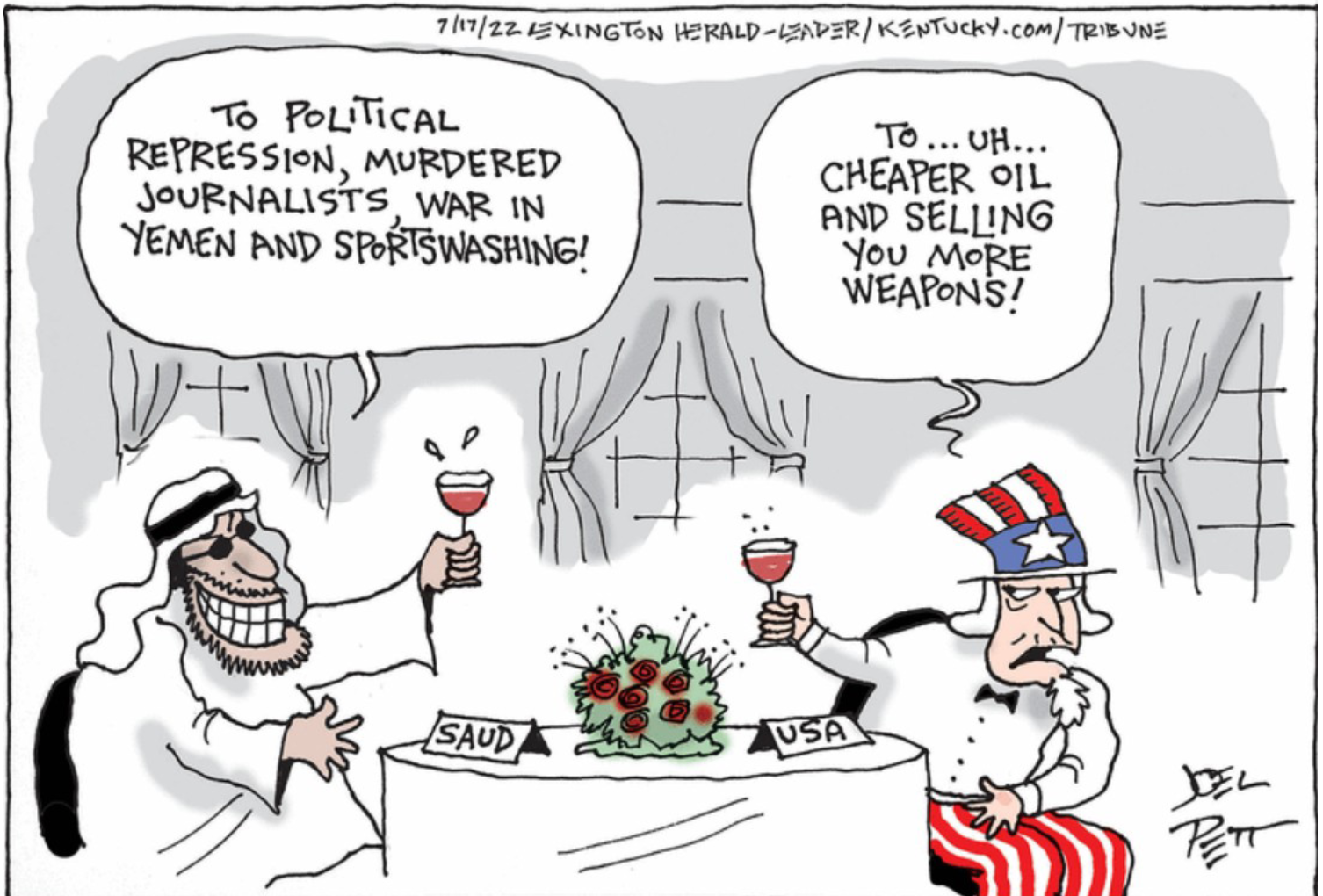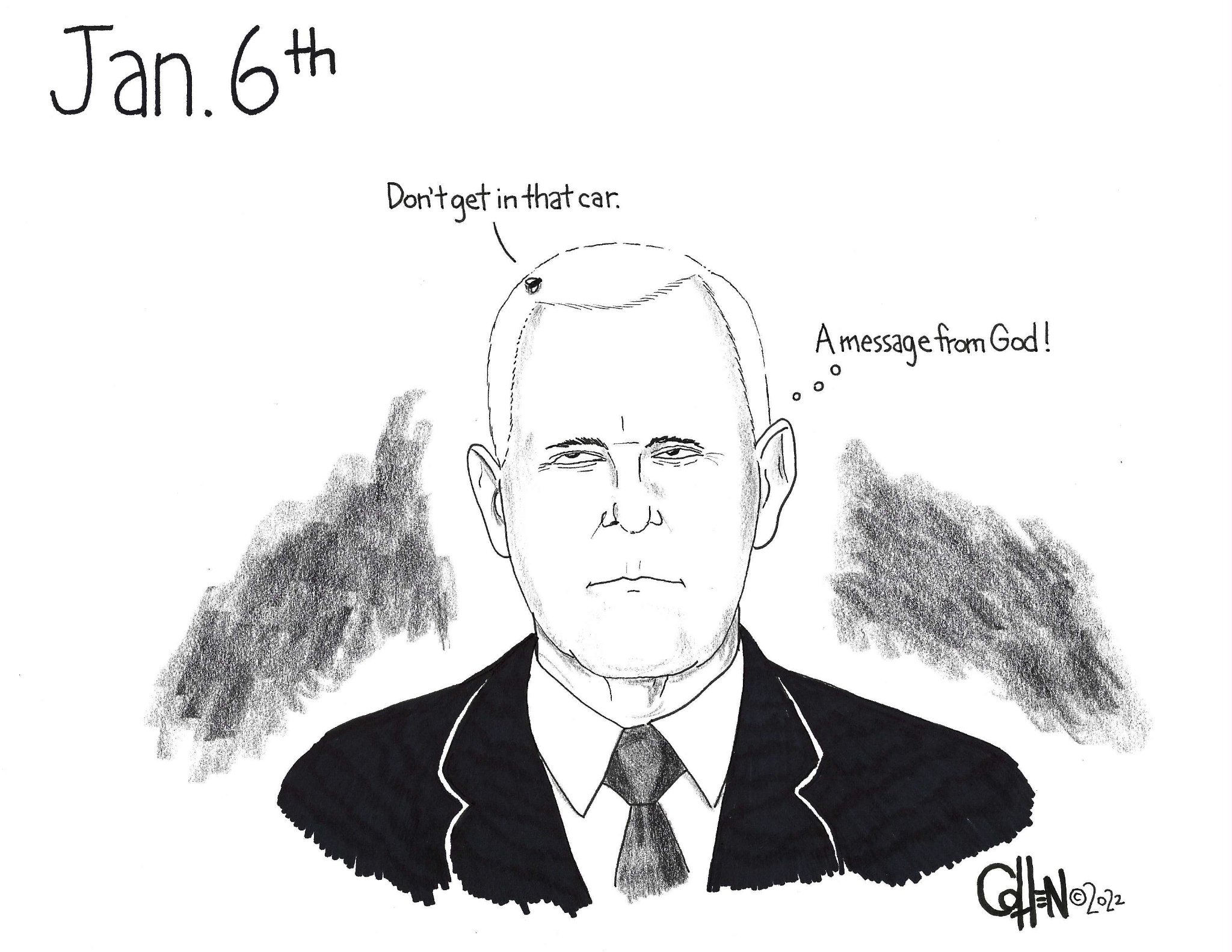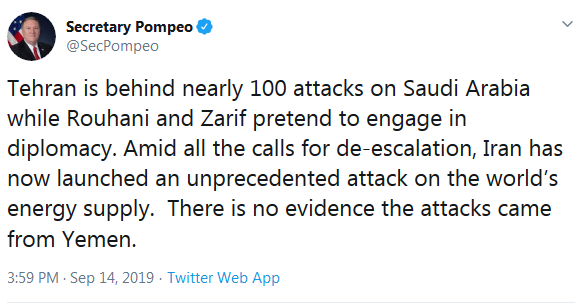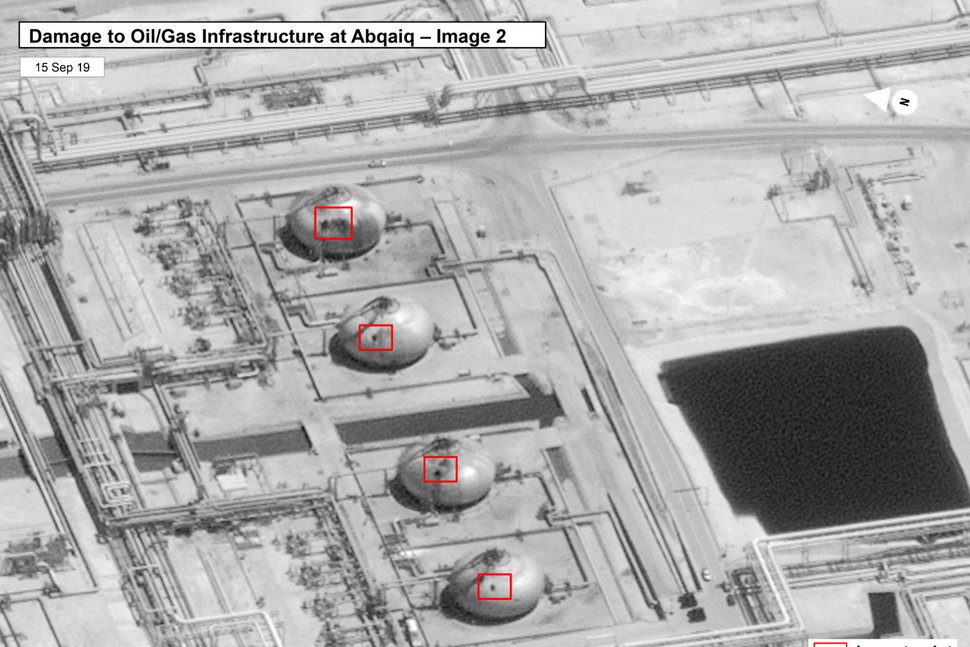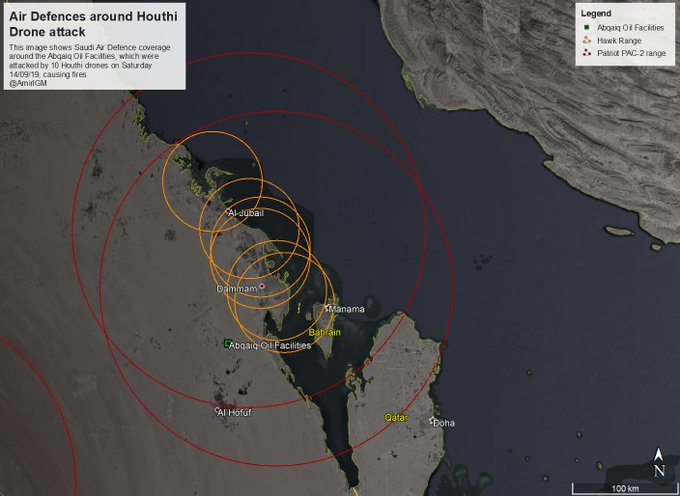The Daily Escape:
 Wildflower bloom, Peridot Mesa on the San Carlos Reservation, AZ – March, 2023 photo by Sharon McCaffrey
Wildflower bloom, Peridot Mesa on the San Carlos Reservation, AZ – March, 2023 photo by Sharon McCaffrey
China has brokered an agreement between Iran and Saudi Arabia to re-establish diplomatic relations. The agreement, reached after four days of talks with senior officials in Beijing, may ease tensions between the two Middle East powers after seven years of fighting a proxy war in Yemen. In the war, Saudi Arabia has supported Yemen’s government and Iran has backed the opposition Houthis.
Both Iran and Saudi Arabia announced they will resume diplomatic relations and open up embassies once again in their respective nations within two months, according to a joint statement.
Saudi Arabia is Sunni Muslim while Iran is a Shiite Muslim country. Saudi broke off relations with Iran in 2016 after protesters stormed the Saudi embassy in Tehran. The protests followed the Saudi execution of a Shiite Muslim cleric, Shia preacher Nimr Baqr al-Nimr. Al-Nimr had earlier spent 10 years studying in Tehran.
News of the diplomatic breakthrough came as a surprise to the US and to Israel. It was also a diplomatic and political success for Beijing. Here are some of the winners and losers in this.
The winners:
- Iran, now with Russia, China and Saudi as allies, may be able to break the US sanctions.
- Saudi Arabia has distanced itself even further from the US. It may now be able to end its involvement in the war in Yemen.
- China, by outplaying the US. China’s success in achieving is recognition of its growing status in global politics.
- Iraq and Syria will become more influential Middle East players as Saudi and Iran move to end their rivalry.
The losers are:
- Israel, and specifically Netanyahu. For years, his twin foreign policy goals have been the isolation of Iran and the normalization of ties with Saudi Arabia, which has never recognized Israel. Also his efforts to pull the US into a war with Iran is now even more unlikely.
- The US for being outplayed on a playing field it used to dominate. And for losing more global prestige to its rival China.
- The Emirates for losing some political influence and also losing some of its sanctions busting trade with Iran.
Wrong thinks this could be a big geopolitical deal. It may bring peace or at least, an absence of war in Yemen. It is also a bold example of using diplomacy as a tool of national power. That’s a good reminder since the US has been mainly thinking about the war in Ukraine (and the threat of war in Taiwan). Our global focus has been on military power and economic sanctions.
The Ukraine war has led to a revival of the NATO alliance. This, along with the strengthening of European relations are diplomatic accomplishments. But since the start of the war, US global diplomacy has been directed at jawboning the third world into agreeing to the sanctions regime against Russia.
So China’s use of diplomacy to deliver a breakthrough agreement between Saudi Arabia and Iran makes the US efforts look small and foolish. The NYT quotes Daniel C. Kurtzer, a former ambassador to Israel and Egypt:
“It’s a sign of Chinese agility to take advantage of some anger directed at the United States by Saudi Arabia and a little bit of a vacuum there….And it’s a reflection of the fact that the Saudis and Iranians have been talking for some time. And it’s an unfortunate indictment of US policy.”
After Trump killed the Iran nuclear deal in 2018 and reimposed heavy economic sanctions on Iran, Iran moved to deepen its relations with Russia and now with China. Tehran has provided drones for Russia to use in its war in Ukraine, making it an important partner for Russia.
Now, by turning to China to mediate with the Saudis, Iran has elevated China in the region, while Israel finds its hopes for an anti-Iranian coalition with Saudi Arabia dashed. Is the looming axis of Iran and China a direct threat to the US? Probably not, but the balance of power in the region is changing.
We’ve spent decades in various wars in the Middle East, at a cost of more than $8 trillion. We tried showing the Middle East that strength came from military might. But China is showing the Middle East that you can win both the diplomatic and the economic battle without firing a bullet. Who knew?
Their approach to the Middle East is more constructive than America’s. China, like the US, has an agenda. But it has committed to building 1000 schools in Iraq; a country we “helped” by invasion.
Time to wake up America! The world is now challenging America’s heavy-handed unilateralism. We may be seeing the start of a post-America Middle East. To help you wake up watch and listen to Marcus King and Stephen Campbell of the Marcus King Band perform the 1966 Merle Haggard tune “Swinging Doors” at Carter Vintage Guitars:
Sample Lyric:
And I’ve got swinging doors, a jukebox and a bar stool
My new home has a flashing neon sign
Stop by and see me any time you want to
Cause I’m always here at home till closing time.

